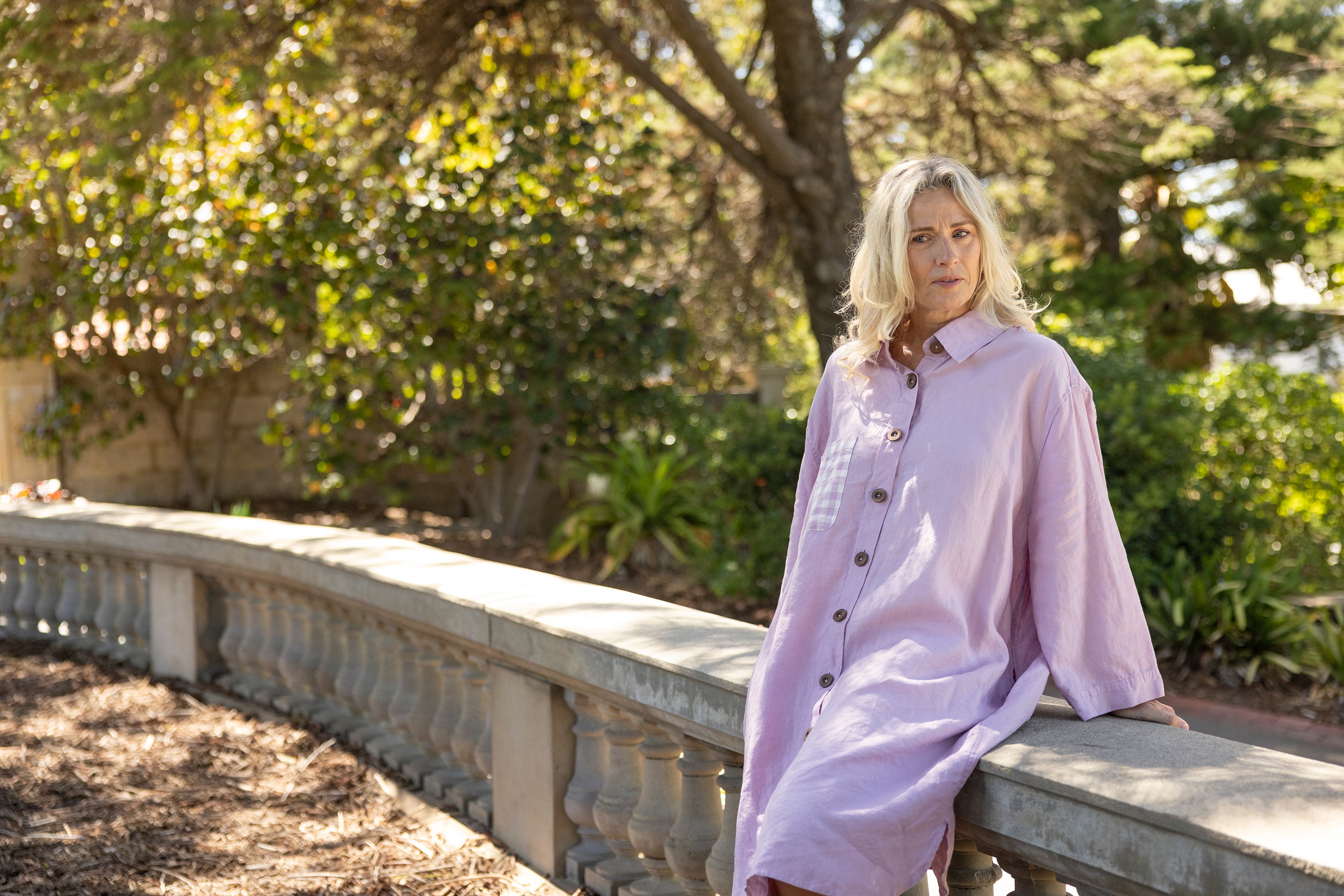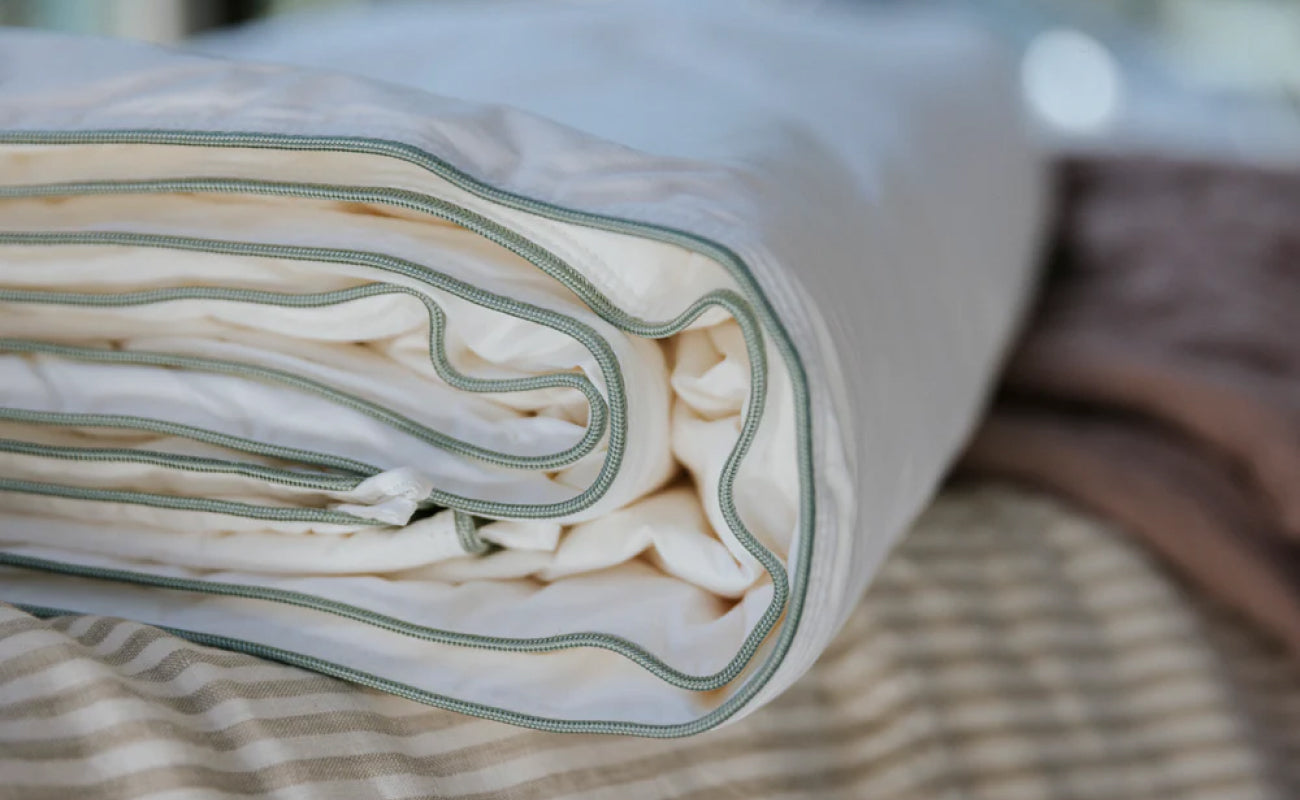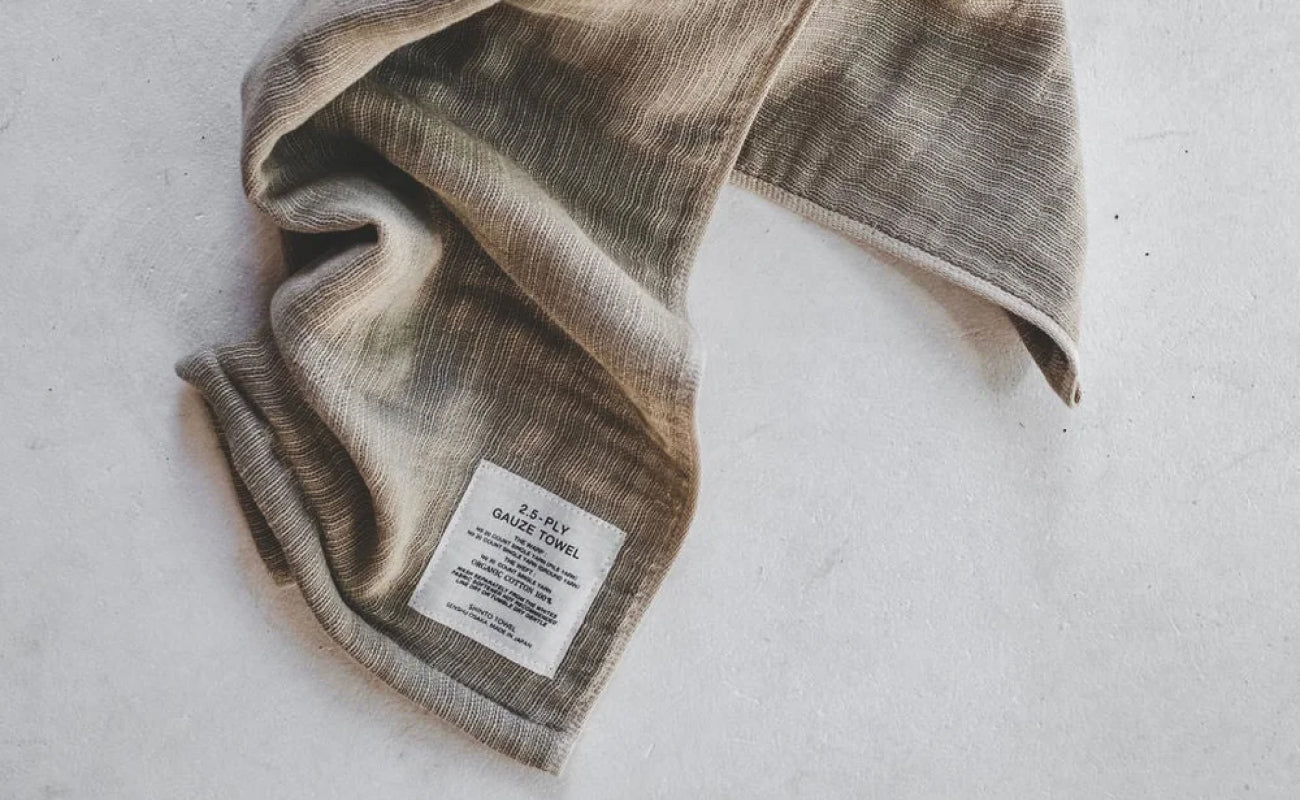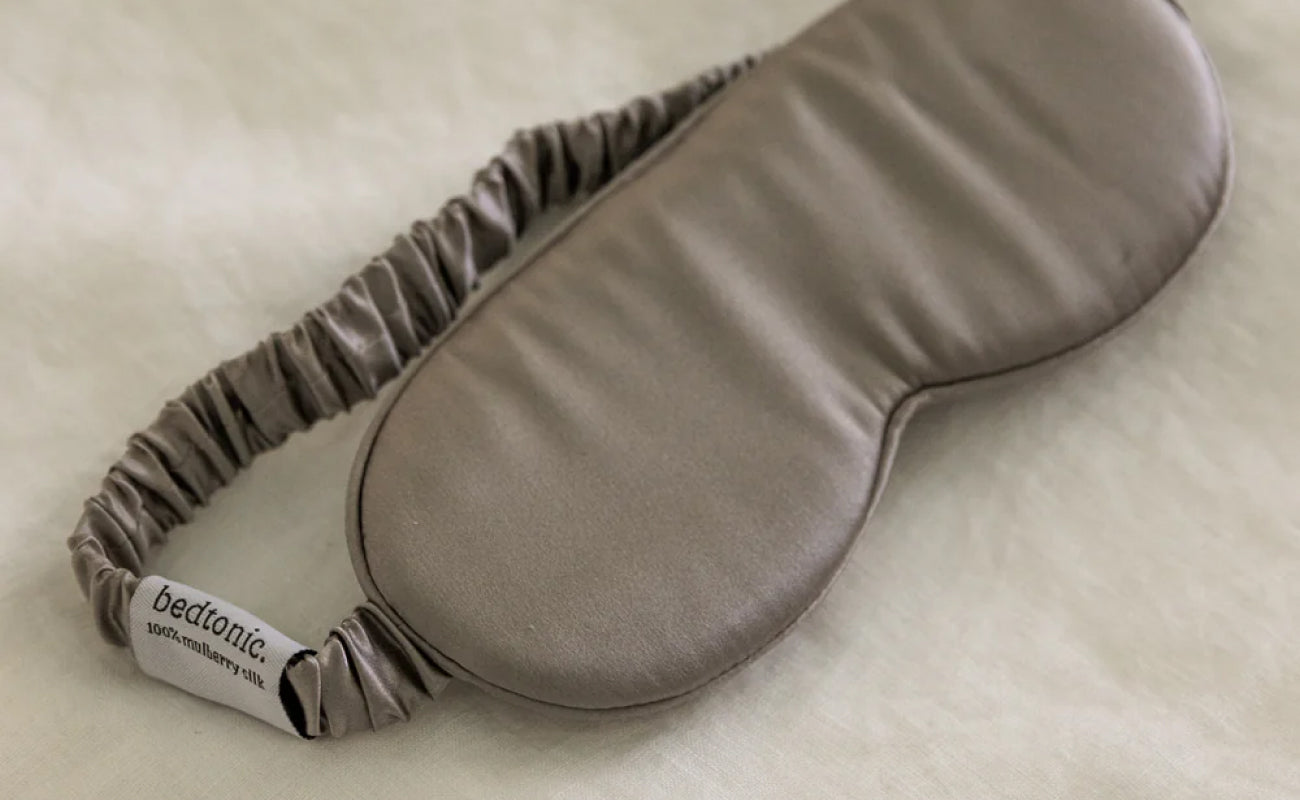Our flax linen is grown and harvested entirely in Europe to European Flax® certified standards. This means flax growers and traders follow ethical and sustainable best practices to guarantee traceability and accountability through each stage of production.
Like 90% of linen purchased, our linen is processed in China. Our manufacturers are based in Shenzhen, one hour from Hong Kong. This is where our bedding and some of our loungewear is made. They were once located in Hong Kong until prices forced them to relocate to mainland China. We visit often and dine with them, they treat us like family. They have been in business for 15 years, and their son attended Adelaide university.
The spinning and weaving factories owned by our manufacturers lie side by side in beautiful countryside surrounded by lush green pastures in Jiangsu Province. The spinning and weaving factories employ around 25 staff across both plants.With sustainability being key at bedtonic, our collection is dyed using non-toxic dyes and we manufacture in small batches to ensure waste is kept to a minimum.
Our shipping bags are made from recycled plastic and are reusable and recyclable. Our linen is premium quality and a dream to sleep in year- round. We call it Natures Wonder Fibre – it keeps you cosy warm in winter and cool in summer.






